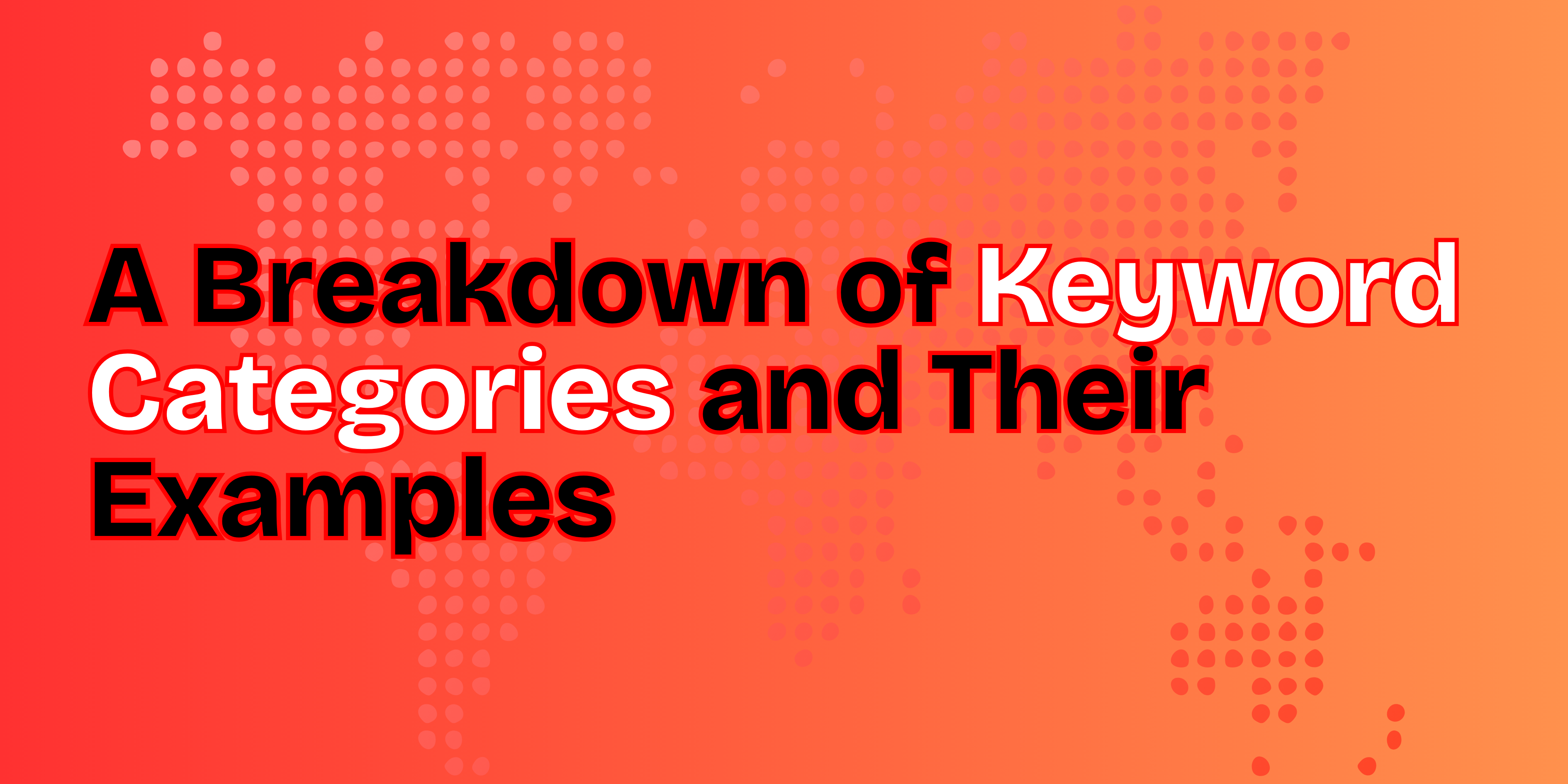Your step-by-step guide to finding the best SEO partner for long-term growth.
If you’re a local business owner, you already know how important it is to be found online. Whether someone is searching for “plumber near me” or “best coffee shop in town,” showing up in local search results can make or break your business. That’s why choosing the right SEO agency is such a big decision.
But with so many companies claiming to be the best SEO agency, how do you know which one truly understands your needs?
Let’s break it down in simple terms so you can feel confident hiring the best SEO consultants for your business.
Why Hiring an SEO Agency Matters for Local Businesses
Before we dive into how to choose, let’s talk about why hiring an SEO expert is important—especially for local businesses.
Here’s what a good SEO agency can do:
- Help you rank higher on Google Maps and local search results
- Drive traffic from nearby customers looking for your services
- Improve your website speed, content, and user experience
- Track what’s working and where to improve
Without proper SEO, your business might be invisible to the very people trying to find you.
1. Know What You Need from an SEO Agency
Before you start searching for the best SEO agency, be clear about what your business needs. Different agencies specialize in different things.
Ask yourself:
- Do I want to appear on Google’s local map pack?
- Is my goal more website traffic or more phone calls?
- Do I need content writing, link building, or just a local SEO tune-up?
Tip: If you’re not sure, start by identifying where your business is struggling online. That can guide your questions when speaking to potential agencies.
2. Look for Local SEO Experience
Not all SEO is the same. Local SEO requires a unique approach that focuses on getting your business found by people nearby. When choosing the right SEO agency, make sure they understand your area and local search behavior.
How to check:
- Ask for examples of past clients in your city or industry
- Look at case studies or results they’ve delivered for other local businesses
- Make sure they understand tools like Google Business Profile and local citations
A local bakery and a nationwide eCommerce site need very different strategies.
3. Check for Transparency and Clear Communication
One sign of the best SEO consultants is their ability to explain things clearly. If an agency uses confusing terms or promises to “rank you #1 overnight,” it’s a red flag.
Look for agencies that:
- Offer regular updates and reports
- Explain what work they’re doing and why it matters
- Are upfront about costs, timelines, and expectations
You want a partner who educates you along the way—not one who keeps you in the dark.
4. Review Their SEO Process and Strategy
A great SEO agency won’t just jump in without a plan. They should walk you through a strategy tailored to your goals.
Ask about their approach to:
- Keyword research and mapping
- Competitor analysis
- Local directory listings and citation building
- Content creation or optimization
- Technical SEO audits (site speed, mobile friendliness, etc.)
If they follow a cookie-cutter approach, they’re probably not thinking about your specific business needs.
5. Look at Reviews, Testimonials, and Case Studies
Real feedback from real clients is one of the best ways to evaluate an agency. Don’t just rely on the testimonials on their website—check platforms like Google, Clutch, or LinkedIn.
What to look for in reviews:
- Did they help businesses improve local rankings?
- Are clients happy with the communication and results?
- Do reviews mention specific, measurable outcomes?
Also, request a case study or two to see actual results they’ve achieved.
6. Understand the Costs (and What You’re Getting)
When it comes to SEO, you often get what you pay for. Cheap services may use shortcuts or outdated tactics that can hurt your site.
Ask these questions:
- What’s included in the monthly fee?
- Are there setup or one-time fees?
- How long before I see results?
A reputable agency will give you a breakdown and timeline without pressure. Avoid anyone who’s vague about pricing or uses scare tactics.
7. Ask About Reporting and Results Tracking
The best SEO agency won’t just make changes—they’ll show you the impact of those changes.
You should receive regular reports that include:
- Keyword rankings
- Website traffic (especially from local searches)
- Leads, calls, or conversions from your site
- Improvements in your Google Business Profile performance
Without tracking, you’ll have no way to know if your investment is paying off.
Final Tips for Choosing the Right SEO Partner
To wrap up, here’s a quick checklist when choosing the right SEO agency:
✅ Do they specialize in local SEO for businesses like mine?
✅ Can they explain things clearly, without jargon?
✅ Do they offer a customized strategy, not a one-size-fits-all plan?
✅ Are their reviews and results trustworthy?
✅ Will they provide regular updates and transparency?
If you can answer “yes” to these, you’re on the right track.
Ready to Work with SEO Experts Who Truly Understand Local Business?
At Your Rankers, we specialize in helping local businesses grow through honest, effective, and customized SEO strategies. Whether you’re a service provider, shop owner, or local entrepreneur—we’re here to help you get found by the people who matter most: your neighbors.
📞 Contact us today for a free consultation and let’s talk about how we can drive real, local results for your business.
Let’s grow your visibility, credibility, and customer base—together.




